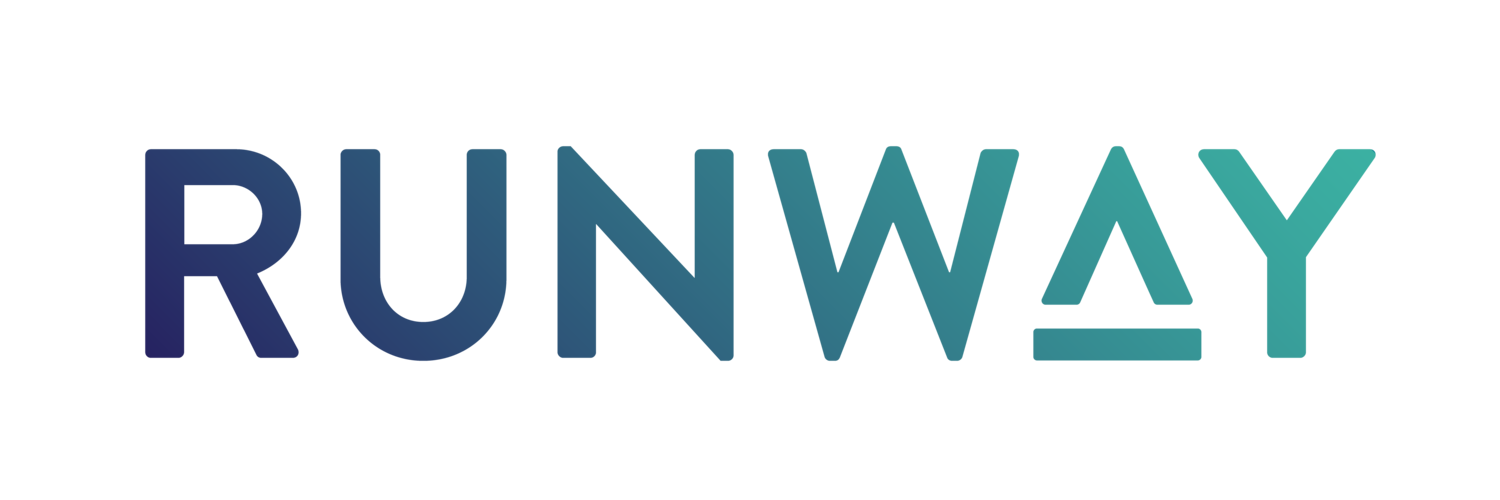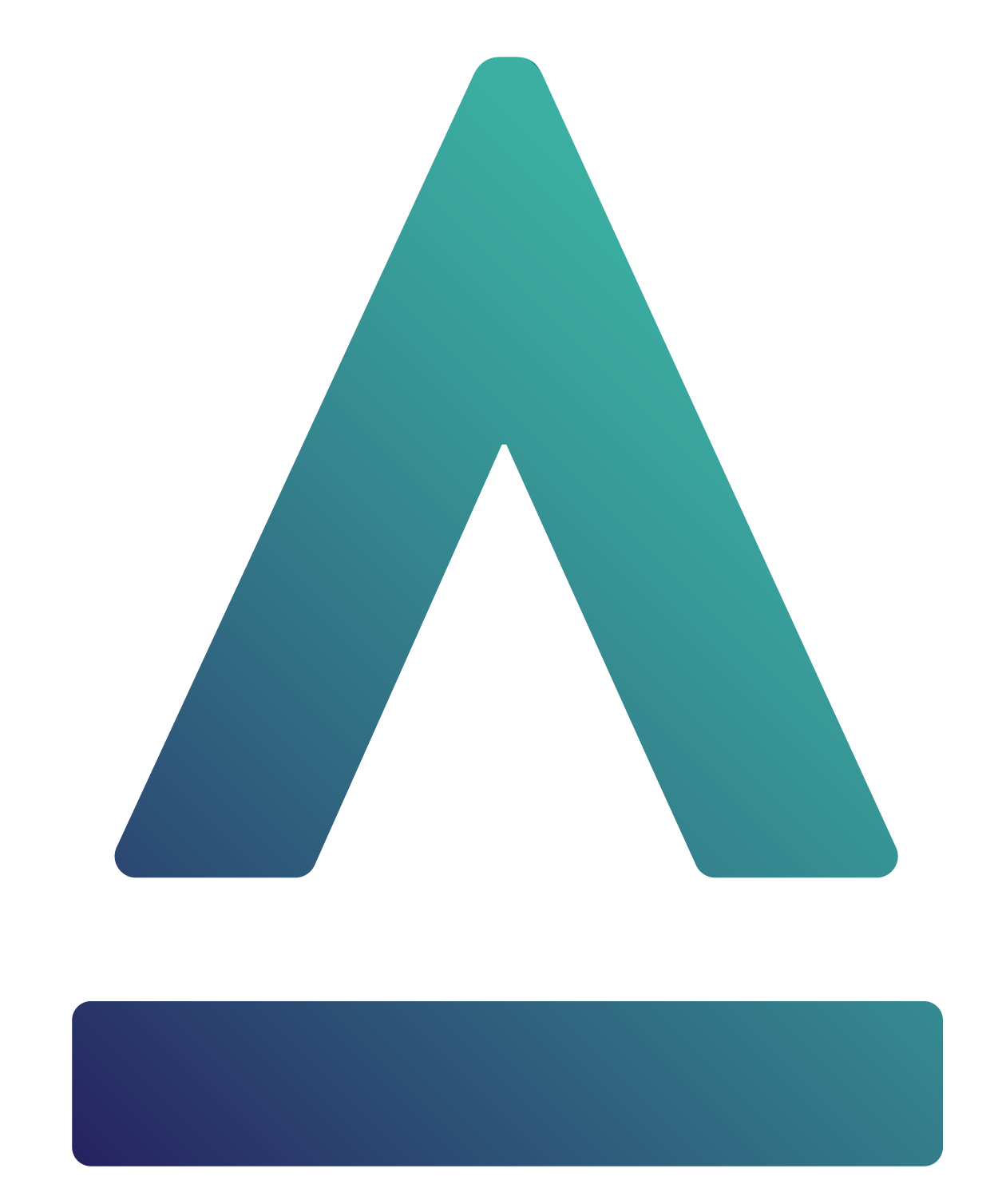WATCH: Wealth From Within
Collage by Megan Totah Design
Wealth From Within invites you to journey with us as we unearth new narratives around the history of extraction in the South and recognize the vital link between creative entrepreneurship and reparative capital in building community wealth and power.
In May 2023, RUNWAY took a team of investors, community partners, and collaborators on a bus tour throughout Alabama as a part of ROOTED, RUNWAY’s 10-year initiative to invest in Southern Black entrepreneurship, creativity, and innovation. We visited Mobile, Gee’s Bend, and Montgomery, Alabama.
Part of the trip’s purpose was to explore the question, “What do we mean when we talk about political power as part of the funding equation?” Straddling the cities of Mobile and Prichard is Africatown, originally founded by formerly enslaved people who were brought to the US illegally on the last documented slave ship to make that voyage, the Clotilda.
“Support of Africatown is here, and we’re here to come in and make a difference. Our goal is to empower the Africatown region. We want to give the necessary tools needed for small mom-and-pop businesses and large businesses to come into the city of Prichard, for people in the community to have ownership in the community, to learn, and to be able to develop their businesses,” explained Tim Hale, Board Member for Port of Africatown.
Local civic groups are working to preserve its history, create wealth-building opportunities, and build political power. Our tour guide Eric was amazing and gave us an inside perspective about the community.
[Eric] shared, “The common thread that we’ve got going now is that we’ve got to keep the culture in this community. We know they could’ve bulldozed every house out here, like how they justify in most communities, but the concept was to keep a lot of these existing homes and bring them up to par. Most of the families that live out here are 70-75 years old, and they’re not going to take a $50,000 loan out. So, that could be a community blight grant.”
Funding like blight grants and other forms of integrated capital sparks questions about how capital can be used to heal, repair, and connect communities.
Black creatives, innovators, and entrepreneurs are the biggest exporters of culture around the world. They are at the forefront of change and community powerbuilding. What are the aspirations of these Black entrepreneurs, and what problems are they trying to solve?
In Montgomery, we visited The More Up campus and Mothers of Gynecology monument and met Michelle Browder, who is reclaiming narrative and space. Her work directly addresses maternal health, tourism, and policy through place-based art.
We heard from four dope creatives about placemaking and the power of storytelling for collective liberation. What new narratives do we want to develop around wealth, culture, and our communities?
Finally, we met Erica Washington, co-founder of Fresh Greens Market, at their farm and future market site.
Erica shared, “This land was originally owned by my great-grandfather. My sister and I both had stomach issues growing up. So we’ve always really been into just finding new ways of feeling well. You know, we spend most of our money on food. Just thinking about how everyone had access to food and what others were eating.
We had also experienced the unexpected passing of one of our very close cousins who was in her early 50s from an autoimmune condition that just went left, so it’s from that–and just some other grief situations of family. It’s like, hey, maybe we can focus on this food thing and what we’ve been learning.
Our family, now, they’re not looking so crazy at our avocados and our vegan meals. They want to try it. So, how do we take that further?”
By centering their dreams, aspirations, and visions for a more just and equitable world, Black entrepreneurs and creatives are shifting the narrative and creating meaningful change in their communities.
At RUNWAY, what do we mean when we talk about repair and reparative capital?
The Jenkins Family Farm is one of the largest Black-owned farms in Alabama and is the proud ancestral land of Marcus Littles. Built in 1935, this operating farm and farmhouse spans 1,000 acres and grows corn, pecans, sweet potatoes and cattle. We congregated here to delve into a deep discussion on philanthropy’s role in repairing generations of harm in the Deep South.
“Being here in the South, where so much was extracted–the extraction–this was the wealth of this country. And we look now–and we’ve been on this tour so far, and we see–what’s missing? The wealth. This was the wealth. It’s gone. It’s been extracted,” RUNWAY Strategic Director, Konda Mason begins.
Jessica Norwood adds, “We have to be very clear about what it is that you want to repair. If you’re saying that there is a gap here–well, how are you going to close that gap? But, without a real informed understanding of the connective tissue between the community, between the land and the place, between the resources–you can’t make a real movement towards it.
Is this something that we’re just saying for the moment, and then philanthropy gets to move on? Or, are we doubling down and saying this is a body of work that must be resourced into perpetuity? What we need is a movement.”
A few hours North of Mobile lies Gee’s Bend, near Camden, Alabama. This is one of the most rural areas of the rural south, famous for its community of quilters. Despite facing isolation and limited access to basic services, a group of local women founded the Freedom Quilting Bee, a worker cooperative that provides economic and political empowerment.
Kim V. Kelly, Gee’s Bend community member explains, “Outside intervention is a positive thing, but folks in these small communities are, sometimes, concerned about capitalism, because most of the time, Black people–we have been the capital. We have been taken advantage of. And, what we’re trying to do with the Freedom Quilting Bee Legacy, with the Souls Grown Deep Foundation, and also with RUNWAY, is to share that there is a way. “
As we reflect on the history of extraction in the South and reimagine how capital can be used as a tool to repair, heal, and connect communities, we also ask: What role does creative entrepreneurship have in building community wealth?
What does repair mean to you?
Wealth From Within invites you to journey with us as we unearth new narratives around the history of extraction in the South and recognize the vital link between creative entrepreneurship and reparative capital in building community wealth and power.


